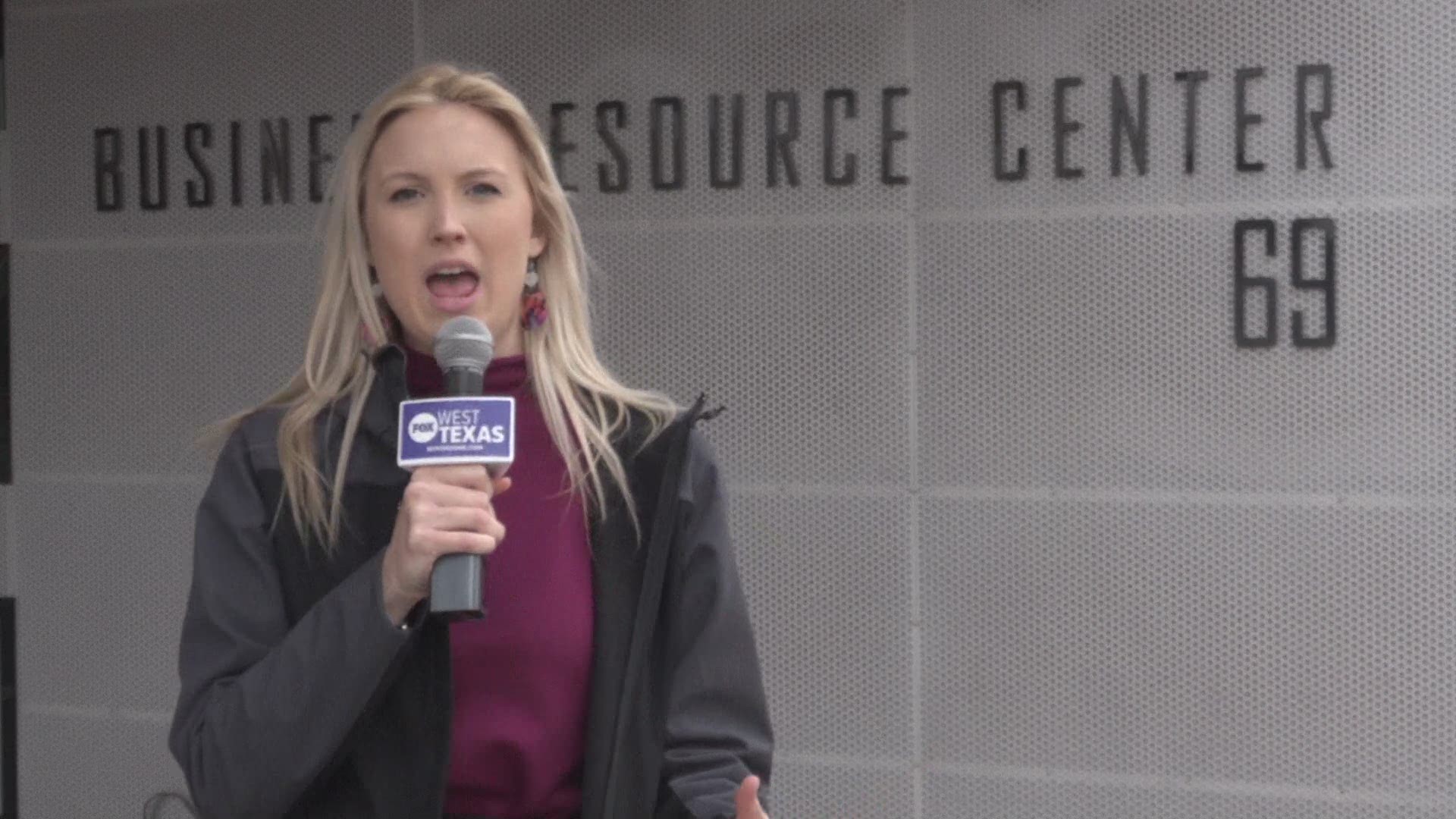SAN ANGELO, Texas — Small businesses have fewer employees, records and products to keep track of compared to large businesses, but nearly half of the frauds that occur in small businesses are caused by a lack of internal controls, according to the 2018 Report to the Nations.
What are internal controls?
Internal controls are "a system or plan of accounting and financial organization within a business comprising all the methods and measures necessary for safeguarding its assets, checking the accuracy of its accounting data or otherwise substantiating its financial statements, and policing previously adopted rules, procedures, and policies as to compliance and effectiveness," according to Merriam-Webster.
The smaller the business, the fewer people there are to check transactions, analyze account information, review monthly revenues, inventory, etc.
"If there's only one or two employees in an organization, then it's incumbent on the board to step in and fill in on those missing roles. Don't allow one person to open the mail, write the check, sign the check, reconcile the bank statement, receive the bank statement," Gayla Thornton, Armstrong, Backus & Co. certified public accountant, said.
It's important to note that only four percent of people who commit fraud and/or embezzlement had a prior fraud conviction, according to the 2018 Report to the Nations.
Perpetrators of fraud are often first time offenders who act out of desperation.
"People that are otherwise law-abiding, trustworthy people in our community, that have something happen in their lives that allows them to rationalize stealing. They might have a great reason for it: 'my son is in the hospital, he's got leukemia, I have to get treatment for him and I will do whatever I have to do to get that treatment.' So, be aware of what's going on with your employees," John Best, 119th Judicial District Attorney, said.
Best and Thornton told business owners and managers not to be suspicious of their employees all the time, but to make sure there is a functioning system of checks and balances in place.
"I know it's easier to just show up. I know it's easier to just sign a check if you're a board member and you are in charge of that, but always ask the right questions, look at the supporting detail. If something doesn't look right, ask the bookkeeper about it, ask the person who is recording that transaction; because if you don't feel right about it, it's probably a problem," Thornton said.

